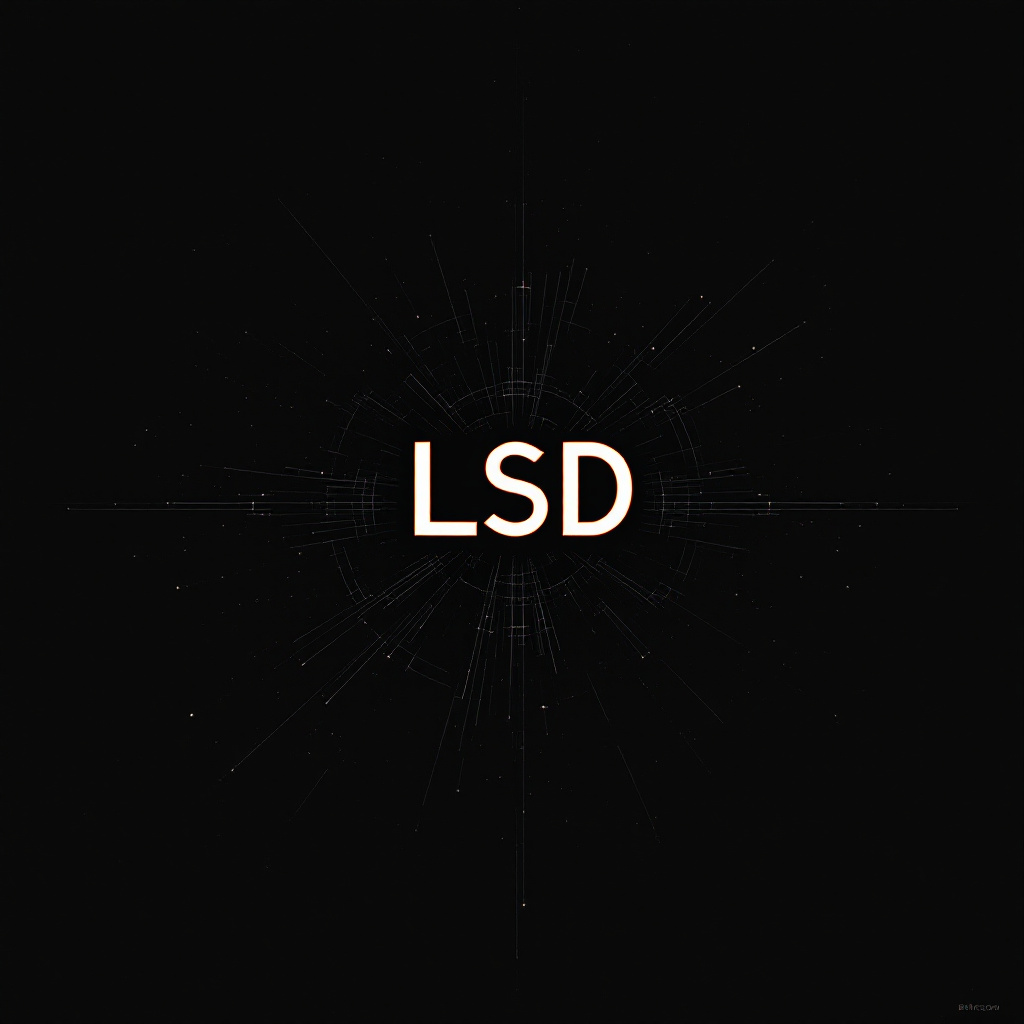Homonym: LSD (Lysergic)
LSD, or lysergic acid diethylamide, is a powerful hallucinogenic drug that alters perception, mood, and cognitive processes. It was first synthesized in 1938 by Albert Hofmann, a Swiss chemist, and became popular in the 1960s for its mind-altering effects. LSD is typically taken in small doses, often on blotter paper, and can lead to vivid visual and auditory hallucinations.
The effects of LSD can last up to 12 hours and vary widely among users. While some people report positive experiences, such as enhanced creativity and introspection, others may experience anxiety or paranoia, known as a "bad trip." LSD is classified as a Schedule I substance in many countries, indicating a high potential for abuse and no accepted medical use.